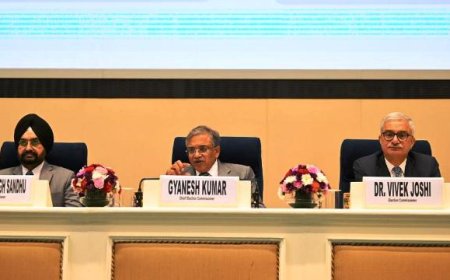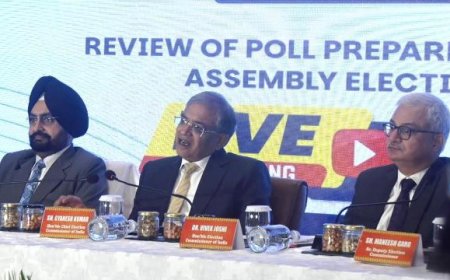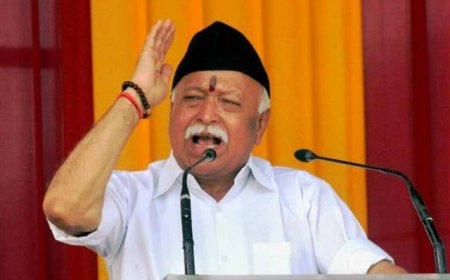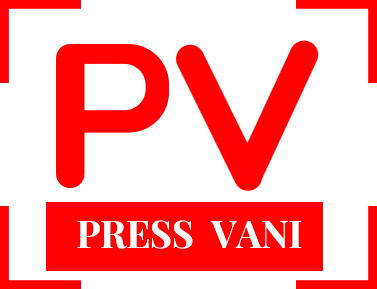Key Changes To Content Rules After Legal Fight With X
The Centre has made key amendments to the Information Technology law to "enhance transparency, accountability and safeguards".

Following a legal battle with Elon Musk's X over social media guidelines, the Centre has made key amendments to the Information Technology law to "enhance transparency, accountability and safeguards".
One of the amendments limits the number of officials who can issue orders for the removal of "unlawful information". Another key change is that authorities must "clearly specify the legal basis and statutory provision" and the "unlawful act" while issuing such directives.
This comes a month after the Karnataka High Court rejected a petition by X Corp, challenging the authority of government officials to issue information blocking orders. "Social media needs to be regulated, and its regulation is a must, more so in cases of offences against women, in particular, failing which the right to dignity, as ordained in the Constitution of a citizen, gets railroaded," the court said in its order.
Late on Wednesday, the Ministry of Electronics and Information Technology notified the amendments to Information Technology (Intermediary Guidelines and Digital Media Ethics Code) Rules, 2021. "These amendments strengthen the framework of due diligence obligations of intermediaries under the Information Technology Act, 2000," the ministry said. According to the gazette notification, the changes come into force on November 15.
A key amendment is that any intimation for removal of unlawful information can now only be issued by "a senior officer not below the rank of Joint Secretary, or equivalent, or, where such rank is not appointed, a Director or an officer equivalent in rank-and, where so authorised, acting through a single corresponding officer in its authorised agency, where such agency is so appointed", the ministry said. It added that in the case of police authorities, "only an officer not below the rank of Deputy Inspector General of Police (DIG), specially authorised, can issue such intimation".
Another key amendment is the inclusion of the "reasoned intimation with specific details" requirement. "The intimation must clearly specify the legal basis and statutory provision, the nature of the unlawful act, and the specific URL/identifier or other electronic location of the information, data or communication link ('content') to be removed."
The ministry said a monthly review must be held for all these intimations to ensure "that such actions remain necessary, proportionate, and consistent with law".
Following the Karnataka High Court order, X had said it was "deeply concerned" by the recent order that "will allow millions of police officers to issue arbitrary takedown orders through a secretive online portal called the Sahyog".
What's Your Reaction?

















































